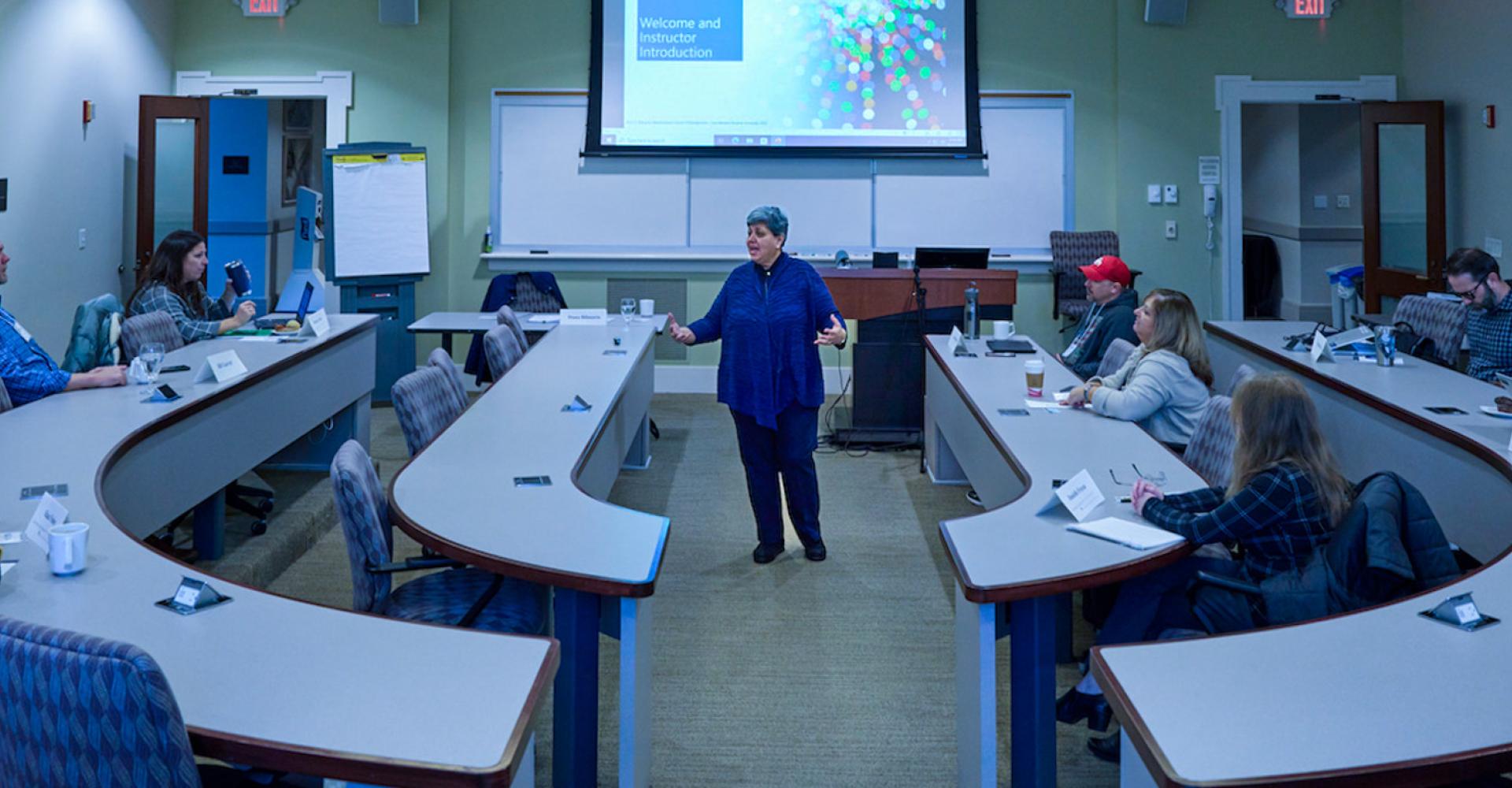Doctorate Programs
Produce original research that addresses complex organizational challenges and shapes the theory and practice of management.

What you’ll gain from a Weatherhead Doctorate
Research that makes an impact
Whether you're advancing management theory or solving specific organizational problems, you'll receive the academic resources to produce practical, actionable research that influences practice.
World-class faculty mentorship
Work alongside renowned scholars and leaders whose work in leadership, organizational behavior and sustainability is redefining management education globally.
Global community of changemakers
Join a collaborative network of executives, academics and innovators who support your research and create pathways to influential roles in organizations, academia and policy.


